Healing Power of Hiking: Exploring the Benefits of Trail Exploration
Athlete Health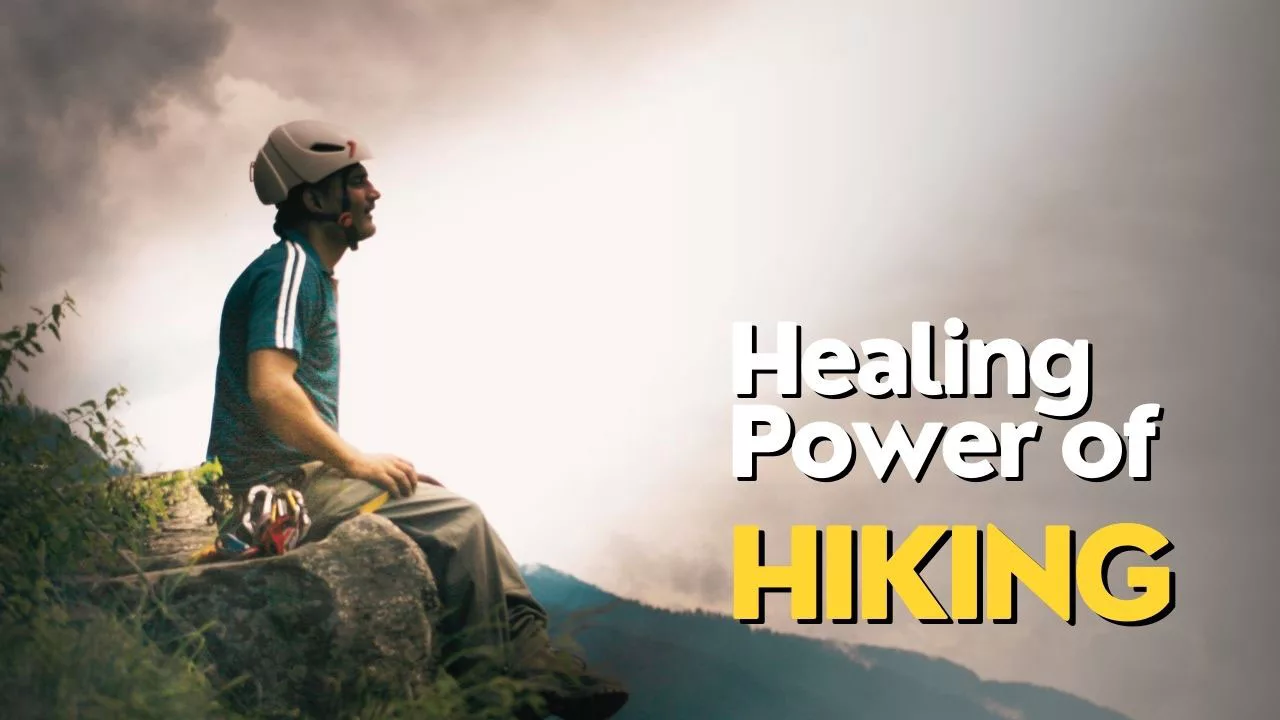
Abstract:
Hiking and route discovery have become popular pastimes for people looking for a break from their city lives and a chance to reconnect with nature. This research essay investigates the several advantages of hiking and route exploration, including both physical and mental well-being. We investigate the physiological, psychological, and social benefits of participating in various outdoor activities using a variety of scientific data and expert opinions. In addition, we explore the significance of responsible hiking practices and the need for environmental stewardship to preserve the preservation of trails and natural environments. We hope to encourage people to appreciate the outdoors as a means of building holistic well-being by promoting hiking, trekking, and route exploration.
Introduction:
Hiking and trail exploration offer individuals the opportunity to immerse themselves in natural landscapes, fostering physical and mental well-being. This article highlights the numerous benefits associated with these activities, including improvements in cardiovascular health, enhanced mood, reduced stress levels, and increased social connectedness.
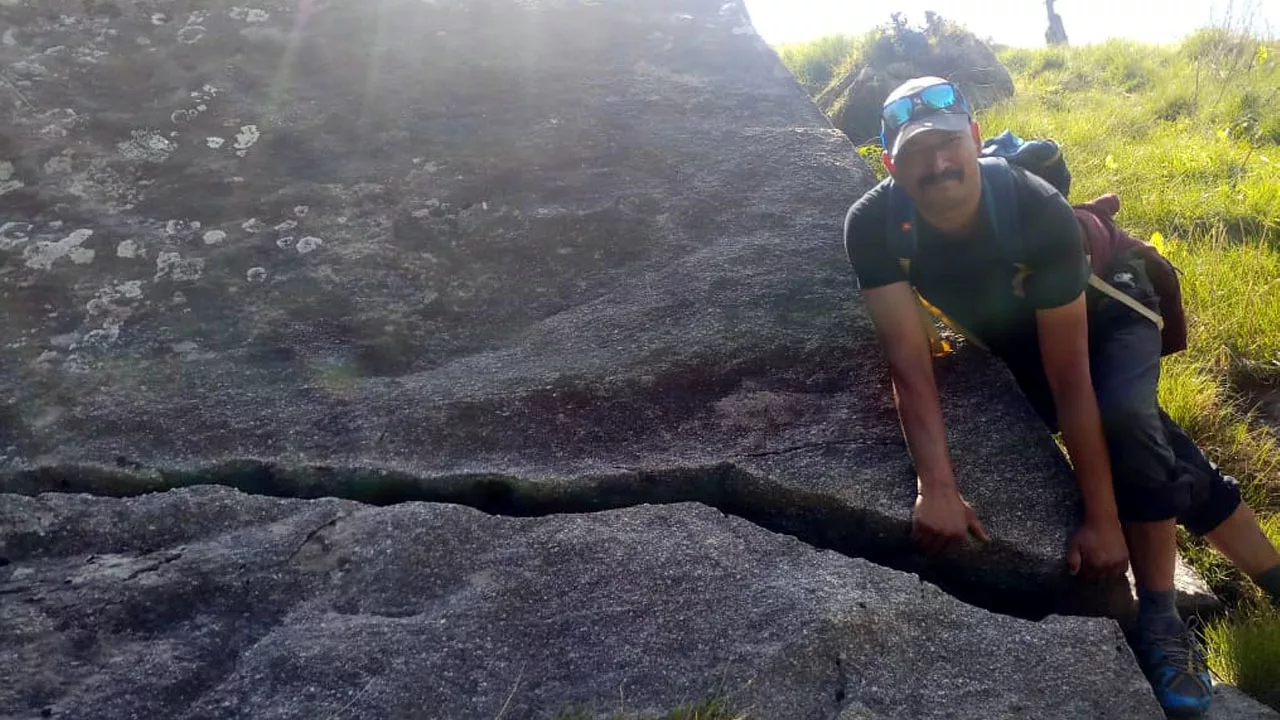
Physical Health Benefits
2.1. Cardiovascular Fitness:
Hiking engages major muscle groups, promoting cardiovascular endurance and strength. The varied terrain and elevation changes encountered during hikes provide an excellent workout for the heart and lungs.
2.2. Strength and Balance:
Hiking over uneven surfaces activates core muscles, improving strength and balance. Uphill climbs and descents work the lower body muscles, including the quadriceps, hamstrings, and calves.
2.3. Weight Management:
Regular hiking or trekking can contribute to weight management by burning calories and increasing metabolism. The combination of physical exertion and exposure to natural surroundings offers a more enjoyable alternative to traditional exercise routines.
Mental Health Benefits
3.1. Stress Reduction:
The restorative environment of nature, coupled with physical activity, helps reduce stress levels. Hiking promotes the release of endorphins, neurotransmitters that elevate mood and alleviate anxiety and depression.
3.2. Cognitive Enhancement:
Hiking in natural environments has been linked to improved cognitive function, including attention restoration and increased creativity. It provides a respite from the cognitive demands of daily life, allowing the mind to relax and recharge.
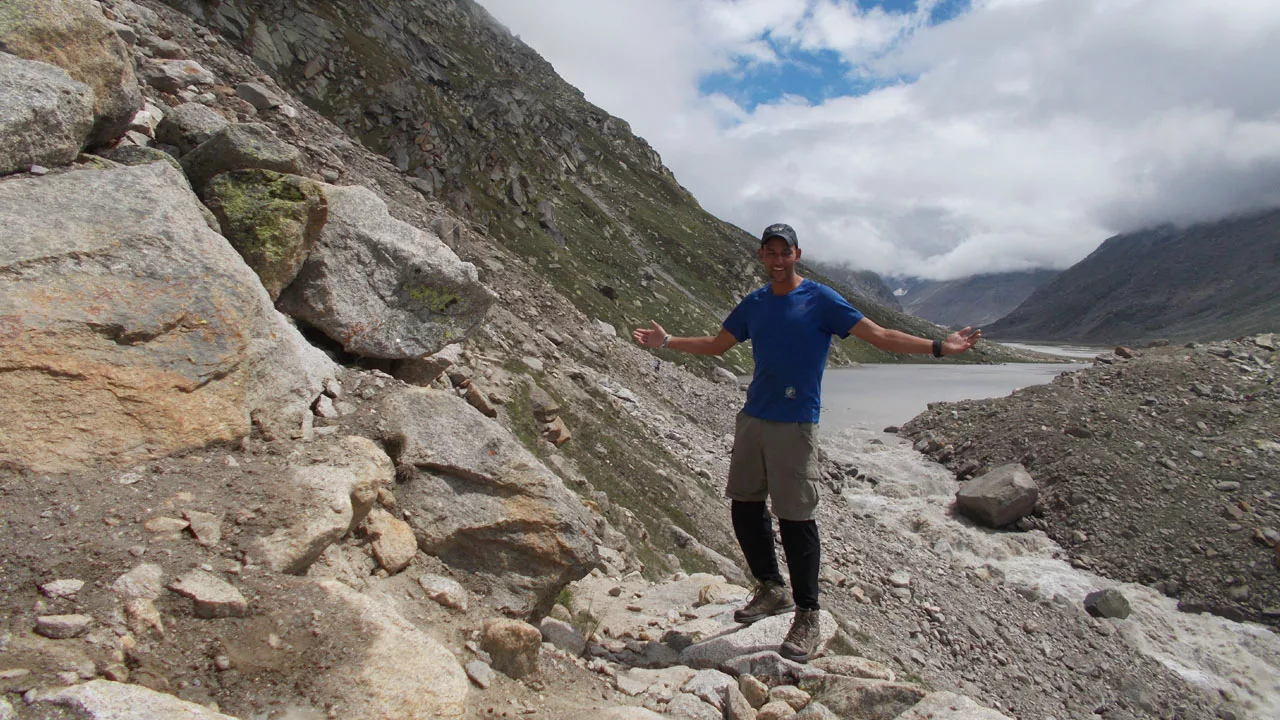
3.3. Nature Connection:
Trekking and trail exploration foster a deep connection with the natural world. This connection has been associated with greater life satisfaction, improved self-esteem, and a heightened sense of awe and wonder.
Social and Community Benefits
4.1. Social Bonding:
Hiking can be enjoyed individually or in groups, fostering social connections and the opportunity for shared experiences. Group hikes encourage camaraderie, teamwork, and the formation of lasting friendships.
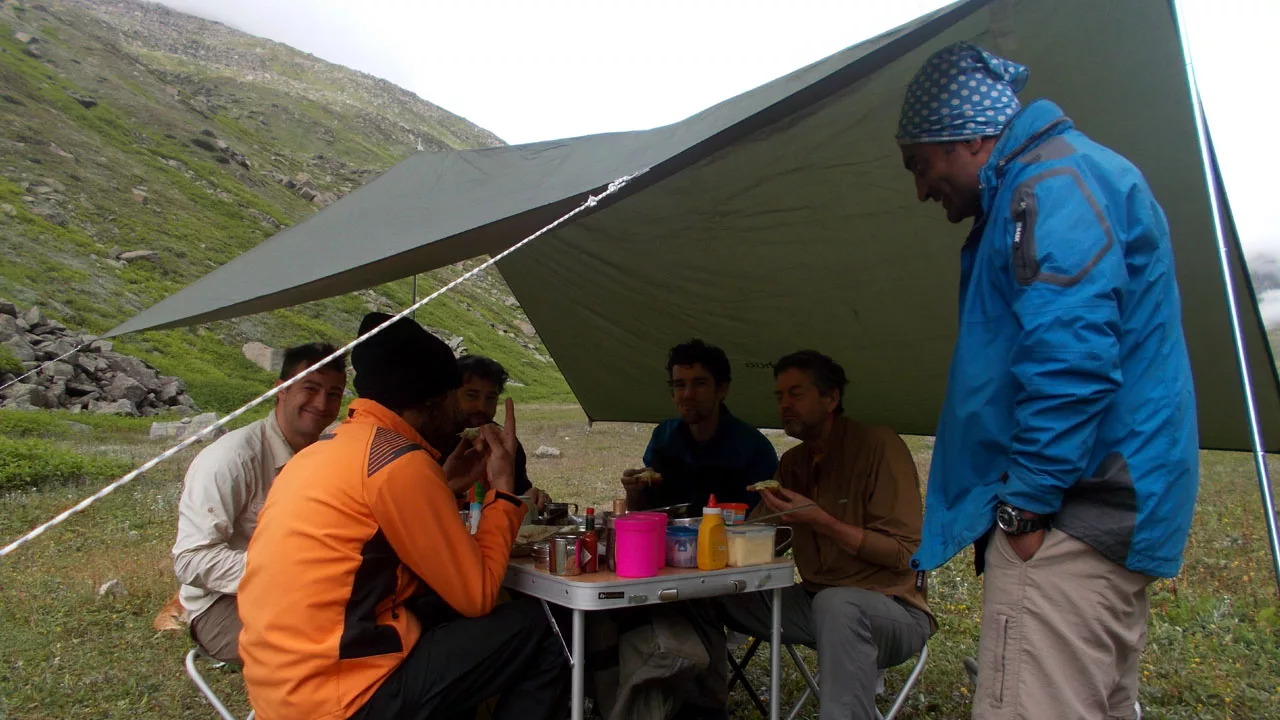
4.2. Sense of Belonging:
Hiking communities and outdoor clubs provide a sense of belonging and support. Engaging in group activities and participating in trail maintenance initiatives strengthen the bond between individuals and their local natural environments.
Responsible Hiking Practices
5.1. Leave No Trace:
Encouraging responsible hiking practices is crucial for minimizing human impact on natural ecosystems. Leave No Trace principles emphasize leaving nature undisturbed and preserving the integrity of trails and surrounding environments.
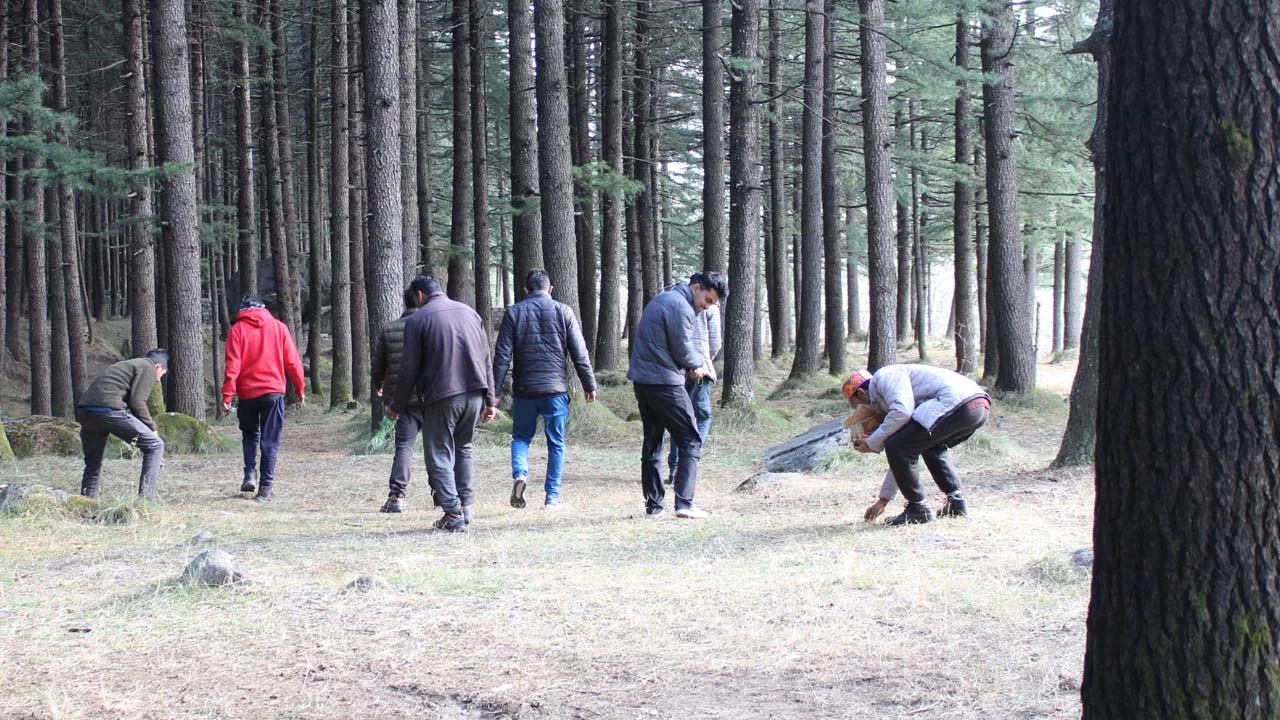
5.2. Trail Maintenance:
Active participation in trail maintenance and restoration projects ensures the sustainability of trekking opportunities. Volunteering for trail organizations or participating in organized clean-up initiatives contributes to the preservation of natural areas.
Conclusion:
Hiking and trail exploration offers numerous physical, mental, and social benefits. By engaging in these activities, individuals can improve their well-being, both personally and communally. However, it is vital to approach trekking with a responsible mindset, considering the preservation and conservation of trails and natural environments.
Recommended for You: Adventure & Pleasure

Reference
- Pretty, J., Peacock, J., Sellens, M., & Griffin, M. (2005). The mental and physical health outcomes of green exercise. International Journal of Environmental Health Research, 15(5), 319-337.
- Coon, J. T., Boddy, K., Stein, K., Whear, R., Barton, J., & Depledge, M. H. (2011). Does participating in physical activity in outdoor natural environments have a greater effect on physical and mental well-being than physical activity indoors? A systematic review. Environmental Science & Technology, 45(5), 1761-1772.
- Keniger, L. E., Gaston, K. J., Irvine, K. N., & Fuller, R. A. (2013). What are the benefits of interacting with nature? International Journal of Environmental Research and Public Health, 10(3), 913-935.
- National Park Service. (2018). Leave No Trace.